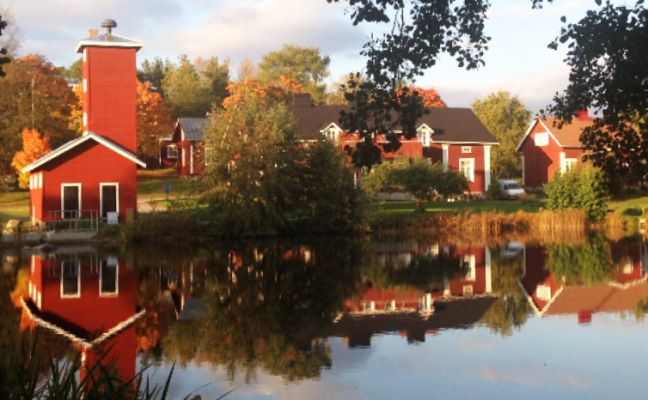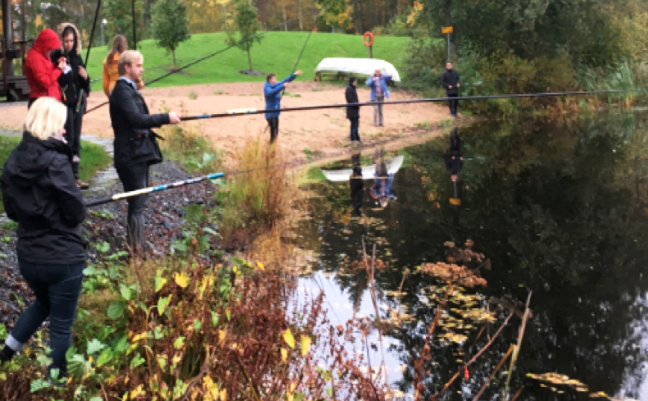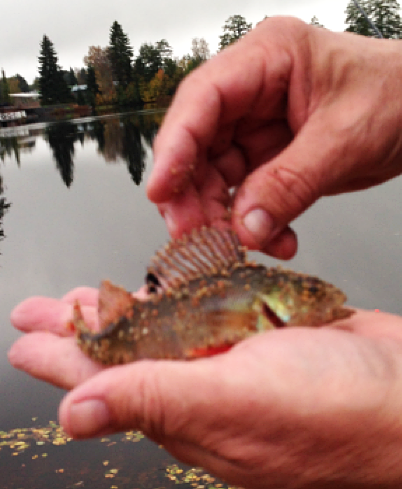Have you thought about why relationships don’t last forever? Or, why some relationships don’t end even if they probably should? And, how come that it is so difficult to end or break free from many relationships? Relationships in general, and in particular how they come about and end, are indeed fascinating. They are challenging not only for us as humans but also for us as consumers and for all kinds of companies.

About twenty years ago, a handful of marketing researchers met and decided that it was time to take a proper look at the relationship dynamics phenomenon in business: How, why and when do relationships between consumers and companies come to their end? The curious researchers who met up at the research center CERS at Hanken for the first time in 1999 were Jaana Tähtinen from University of Oulu (nowadays at Pori Unit of Turku School of Economics, University of Turku), Virpi Havila from Uppsala University, myself and Tore Strandvik from CERS Hanken, and Bo Edvardsson from Karlstad University/CTF Center for Service Research. All of us had already back then made some explorations into this so-called dark side of relationships, and decided that now it is time to gather together researchers studying some aspect of it. The original team was soon supplemented with a member from Norway, first Kjell Grønhaug from Norwegian School of Economics and Business Administration in Bergen, and then Debbie Harrison from BI in Oslo.
The first thing to do was to find a suitable name for the group and the workshops that we were planning. We decided on Nordic Workshops on Relationship Dissolution that we later changed to Nordic Workshops on Relationship Dynamics, since we thought it was natural to be less restricted in our view on dynamics in relationships. Our abbreviation was and still is NoRD. The reasons for choosing the notion Nordic in the name of the workshop were the home countries of the core organisers (i.e. Finland, Sweden, and Norway), the financier of the first workshop, i.e., NorFA (Nordisk Forskerutdanningsakademi), and the plan to arrange the workshops in the Nordic countries.
Our first NoRD workshop took place in Kuusamo the year after the first meeting and attracted about 25 participants from all over the world. So far, researchers from 14 countries have participated in nine bi-annual workshops where nearly 140 papers have been presented and discussed. At least 22 licentiate or doctoral thesis have been advanced at them, and we have had special issues in journals and special sessions at conferences. We recently estimated that over 30 NoRD papers have been published as journal articles later on. Last but not least new co-authorships have been formed at NoRD.

The NoRD perspective has an exceptionally broad view of what counts as relationship dynamics. One is seeing dynamics as inherent, continuous emergence and evolution of relationships and business networks. Others attach the concept of dynamics to instances of turbulence in relationships, such as minor but repetitive issues, or associate dynamics with main events or a crisis, such as a factory closing down or a company merger. All kinds of relationship settings are of interest ranging from B2B to B2C relationships, global to local, long to short, complex to simple, formal to informal, commercial to non-monetary, etc. All research approaches are encouraged; thus, no approach, method, or data type is considered superior to others—the value of the empirical method and data is instead based on how well they match the research topic and support the proposed purpose.
Common for all bi-annual workshops in Finland, Norway and Sweden is that they have taken place in retreat type of venues (the photos are from the latest workshop at the Ahlström Manor in Noormarkku, Finland). NoRD is different from many other academic gatherings since we come together as equals regardless of background, experience and titles. We are still around 25 and papers by doctoral students and postdocs are given equal attention and time. What perhaps is the unique thing is that the fundamental purpose of participating is not so much to present findings from concluded studies, but rather to embrace, contribute to and benefit from a complex research topic and to get help and new ideas and inspiration for one’s studies. Our workshops allow good time for discussions per paper (about one hour) in a relaxed atmosphere, followed by a walk in the woods, a visit to a museum with hands on activities, or fun games that groups take part in. Sauna evenings are a must too. And, how many academic gatherings do you know that have friendly team competitions, outdoors? We do – and the winning team gets a prize!
So, if you have been wondering about relationships and any kind of dynamic issue related to them and have an idea for a paper or perhaps already have done some work on the theme, I hope that you will consider the next opportunity to join our enthusiastic relationship dynamics crowd. It will be soon – and it is the tenth anniversary, so I am sure it will be special. Our colleagues at CTF in Karlstad, Sweden are organising this special event, and it will take place in a lovely manor milieu close to Karlstad in Sweden. The time for it will be September 19-21. Welcome to submit a short one-page abstract before April 1, and a longer paper around mid-August. More information about the event is found at https://www.kau.se/ctf/kalender/10th-nordic-workshop-relationship-dynamics-nord2018
Professor in Marketing
Other links
NoRD Website https://nordworkshop.weebly.com/
NoRD Linkedin https://www.linkedin.com/groups/4728946
NoRD 2018 in Karlstad https://www.kau.se/ctf/kalender/10th-nordic-workshop-relationship-dynamics-nord2018
NoRD in Marketing Theory journal 2016 http://journals.sagepub.com/doi/abs/10.1177/1470593115608077 and
http://journals.sagepub.com/doi/full/10.1177/1470593115608077e
